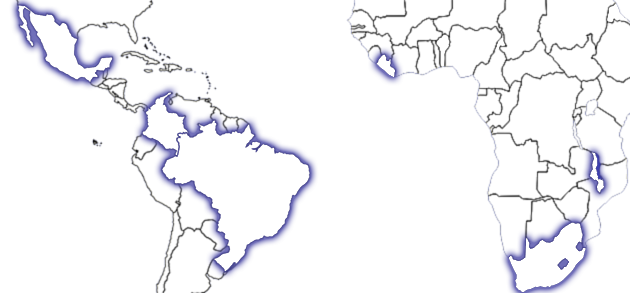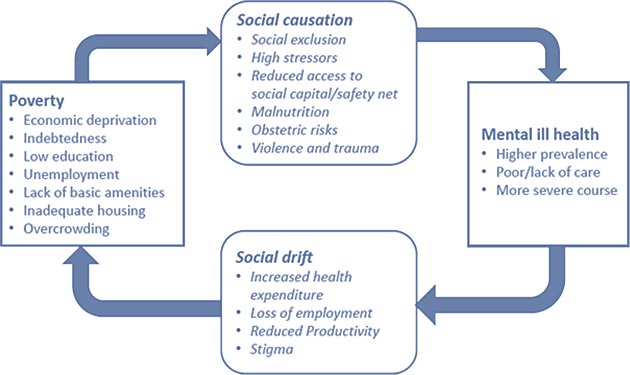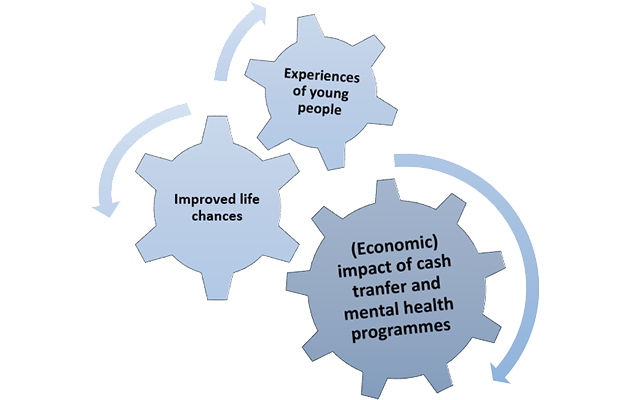Where does it happen?
CHANCES-6 spans six countries: Brazil, Colombia, Mexico, South Africa, Liberia, and Malawi.
All of these countries have large longitudinal datasets on young people that have participated in welfare programmes. We are analysing this data to understand important relationships between poverty, mental health, and life chances.
 In Brazil, Colombia, and South Africa, where our partners are based, we are collecting new data about the views and experiences of young people.
In Brazil, Colombia, and South Africa, where our partners are based, we are collecting new data about the views and experiences of young people.
In all six countries we are engaging stakeholders and young people to ensure that our research is relevant to national practice and will be able to inform welfare policies and programmes.
Why is it important?
Approximately 85% of all youth aged 15 to 24 years live in low- or middle-income countries worldwide. Globally, up to 1 in 5 children and young people have mental health problems.
Mental health problems often start or manifest during adolescence, making this a particularly important time to intervene. Young people are at a crossroads in their life, when the choices they make about work and education, family, social relationships, and lifestyle can influence their future life opportunities. It can be a time of great vulnerability, especially for young people who live in poverty and struggle to secure livelihoods.
Living in poverty can therefore put young people at increased risk of developing mental health problems. When young people lack support, this can diminish their life chances. It also has knock-on effects for their communities and for entire economies.
For those who develop mental health problems, their chances to be employed and do well in life are substantially reduced. They and their families can face social exclusion, disability, and high healthcare expenditures. This is what is called the vicious cycle of poverty and mental health.

There is currently little knowledge about how to break poverty-mental health cycle. Anti-poverty programmes and mental health interventions alike can offer important opportunities, but more knowledge is needed to understand their potential contributions.
CHANCES-6 aims to generate knowledge about the impact of programmes on young peoples’ life chances, on the role of mental health, and on how existing programmes can be moulded to provide better support for young people.
How are we doing it?
The research covers a number of interrelated research areas and questions.
Our team will delve into the views and experiences of young people in relation to poverty, their mental health, and life chances, as well their existing supports and how they might be improved.

We will look specifically at the impact of cash transfer programmes on mental health, of mental health interventions on poverty, and of both of these on life chances. The costs and benefits of each element will also be analysed.
To this end, and guided by a conceptual framework, we have adopted a range of innovative quantitative and qualitative methods. These include:
• statistical analysis of large population studies and evaluations of cash transfers
• a systematic review and synthesis of evidence for mental health interventions
• cash transfer interviews/focus groups with young people, families, and practitioners
• economic modelling to estimate the economic impact of programmes.
Banner image: IT class in rural Antioquia, Colombia, Charlotte Kesl/World Bank, CC BY-NC-ND 2.0